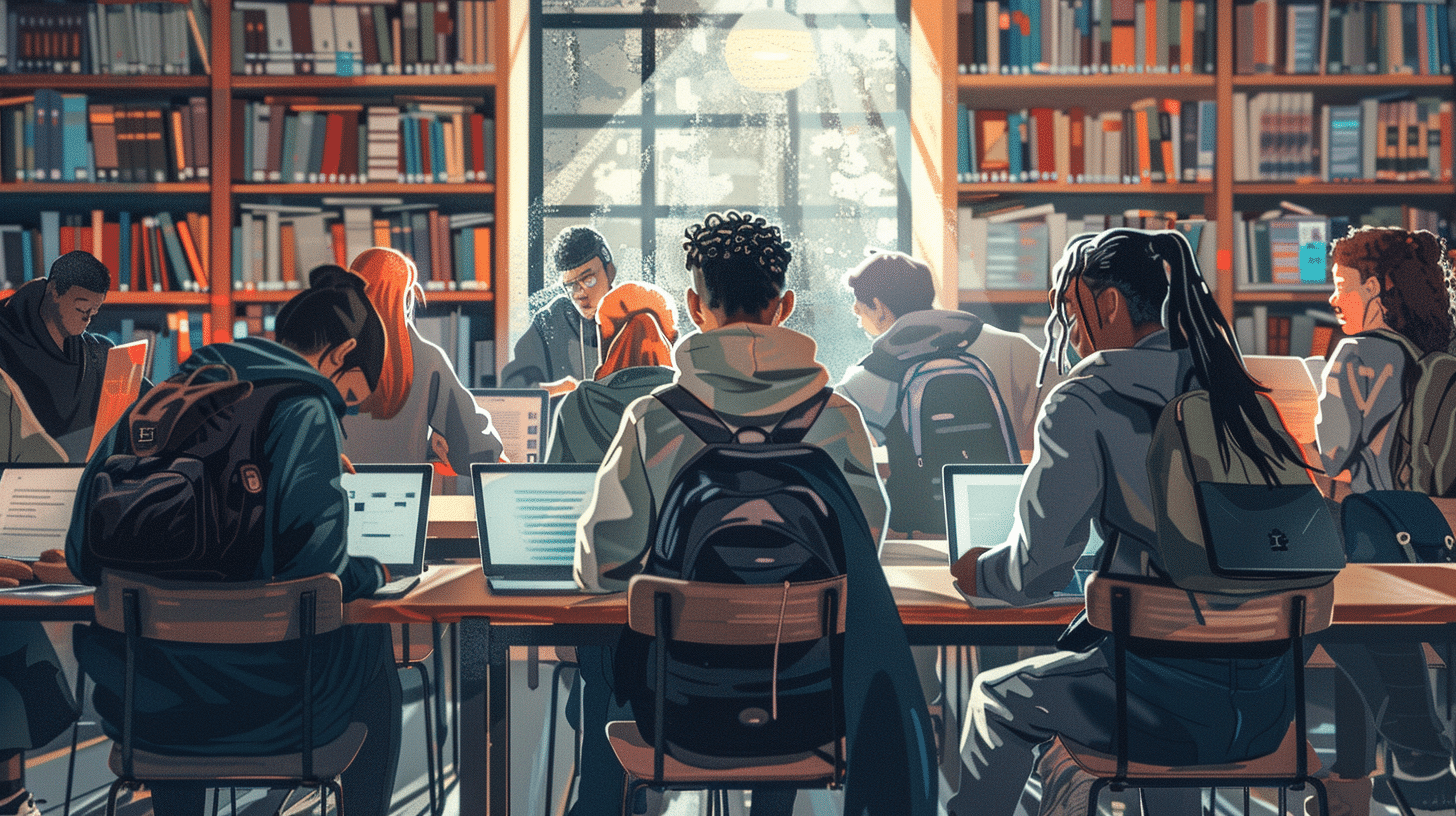Pick a language and start learning!
Descriptive adjectives for physical appearance Exercises in Catalan language

Descriptive adjectives are essential tools in any language, allowing speakers to convey specific details about people, places, and objects. In Catalan, mastering these adjectives can significantly enhance your communication skills by enabling you to paint vivid pictures with words. Whether you're describing someone's hair color, height, or overall appearance, understanding how to accurately use descriptive adjectives in Catalan is crucial for both conversational fluency and written expression.
Physical appearance is one of the most common subjects of everyday conversation, making it vital to know how to describe it accurately. This page provides a variety of grammar exercises focused on descriptive adjectives for physical appearance in Catalan. Through these exercises, you will learn how to use adjectives to describe features such as eye color, body shape, and facial characteristics, enhancing your ability to describe people in detail. Dive in and start refining your Catalan descriptive skills today!
Exercise 1
<p>1. La Maria té els cabells *llargs* (opposite of short).</p>
<p>2. En Pau és un noi molt *alt* (taller than average).</p>
<p>3. La seva pell és molt *clara* (not dark).</p>
<p>4. Els ulls d'en Marc són *blau* (color of the sky).</p>
<p>5. La Marta porta ulleres perquè té els ulls *petits* (opposite of big).</p>
<p>6. El gos de la Laura és molt *gros* (opposite of small).</p>
<p>7. El cabell d'en Joan és *arrissat* (not straight).</p>
<p>8. La seva àvia té el cabell *gris* (color often associated with age).</p>
<p>9. El nadó té les galtes molt *rojoses* (color associated with healthy cheeks).</p>
<p>10. Les cames d'en Jordi són *llargues* (opposite of short).</p>
Exercise 2
<p>1. La noia és *alta* (adjective for tall).</p>
<p>2. El gat és *gros* (adjective for big).</p>
<p>3. El gos té el pèl *curt* (adjective for short).</p>
<p>4. El noi és *prim* (adjective for thin).</p>
<p>5. L'arbre és *alt* (adjective for tall).</p>
<p>6. La cadira és *petita* (adjective for small).</p>
<p>7. La dona té els cabells *llargs* (adjective for long).</p>
<p>8. El nen és *baix* (adjective for short).</p>
<p>9. La muntanya és *alta* (adjective for tall).</p>
<p>10. El cotxe és *gran* (adjective for big).</p>
Exercise 3
<p>1. La Marta té els cabells *llargs* (opposite of short).</p>
<p>2. En Joan és un home *alt* (opposite of short).</p>
<p>3. La Maria té els ulls *blau* (color of the sky).</p>
<p>4. El gos d'en Pere és molt *gros* (opposite of thin).</p>
<p>5. La seva pell és molt *fosca* (opposite of light).</p>
<p>6. Aquella noia és molt *prima* (opposite of fat).</p>
<p>7. En Marc té el cabell *rissat* (opposite of straight).</p>
<p>8. La Laura té la pell molt *clara* (opposite of dark).</p>
<p>9. En Lluís té un nas molt *gran* (opposite of small).</p>
<p>10. La seva cara és molt *rodona* (shape of a circle).</p>







